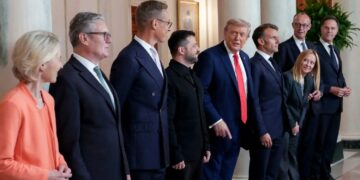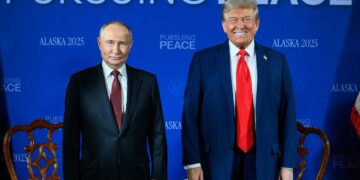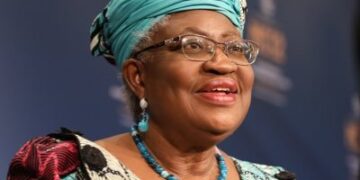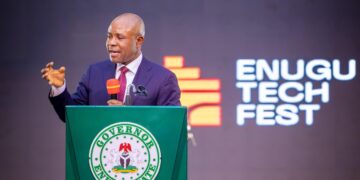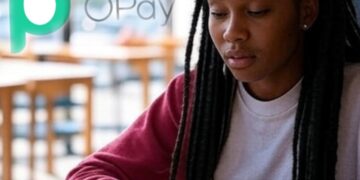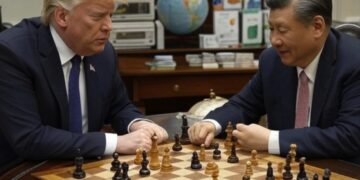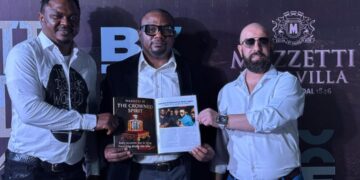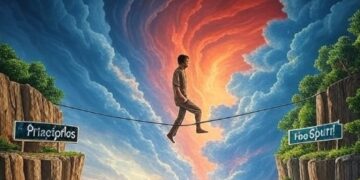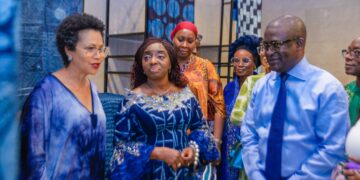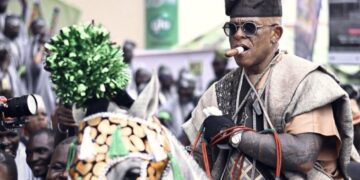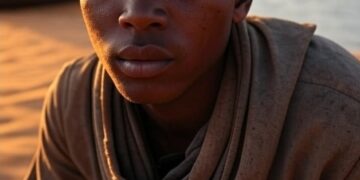Recently, an X user challenged his integrity, claiming, “I’ve never seen this guy help anyone outside the Yoruba tribe.” The accusation, steeped in Nigeria’s ongoing struggle with ethnic division, could have sparked anger or defensiveness. Instead, Onakoya responded with a profound metaphor: “If you put 100 black ants and 100 red ants in a jar, nothing happens. But if you shake the jar, the ants start killing each other. Each red ant will believe the other black ant is the enemy, but the real enemy is the one who shook the jar.”
This poignant analogy encapsulates Onakoya’s perspective on Nigeria’s social challenges. For him, the true adversaries are not individuals or ethnic groups but the forces—be they systemic, political, or cultural—that sow discord and distract from shared humanity. His response, both measured and heartfelt, reveals a man who refuses to let tribalism derail his mission: to uplift Nigeria’s most vulnerable children, regardless of their background.
This poignant analogy encapsulates Onakoya’s perspective on Nigeria’s social challenges. For him, the true adversaries are not individuals or ethnic groups but the forces—be they systemic, political, or cultural—that sow discord and distract from shared humanity. His response, both measured and heartfelt, reveals a man who refuses to let tribalism derail his mission: to uplift Nigeria’s most vulnerable children, regardless of their background.

Onakoya’s work with Chess in the Slums Foundation is a testament to this commitment. From the internally displaced persons (IDP) camps in Maiduguri and Yola to communities in Bayelsa, Cross River, and Delta, he has championed education and opportunity for children across Nigeria’s diverse regions. His efforts extend beyond borders, with projects in over 20 African countries. “In all my travels, what I have seen is not tribe or religion, but talent, possibility, pain, and deep suffering,” he says. This vision drives his refusal to let personal politics or ethnic biases taint his work.

Yet, Onakoya is not blind to the growing divide threatening Nigeria’s future. “I worry that we’re becoming so consumed by suspicion and tribal lines that we’re losing sight of what truly matters,” he warns. He sees the stakes clearly: if Nigerians allow themselves to be pitted against one another, the children—those most in need of collective support—will bear the brunt of the fallout. His call to action is urgent and inclusive: to stand together, not as Igbo, Yoruba, Hausa, or Ijaw, but as Nigerians united by a shared humanity.
Onakoya’s story is a powerful reminder for stakeholders in Nigeria and beyond. His work challenges us to look past superficial divisions and focus on what unites us: the potential of every child to thrive. “The true measure of a nation,” he says, “is how fiercely it fights for the children it did not birth but chose to love anyway.” In a time of shaken jars and rising tensions, Onakoya’s unwavering dedication to this principle offers a roadmap for healing, unity, and progress.

As Nigeria navigates its complex social landscape, Onakoya’s voice is a clarion call. Will we rise above the forces that divide us to build a legacy of hope for the next generation? The answer lies in our willingness to stand in the gap—together.
ReplyForward |





